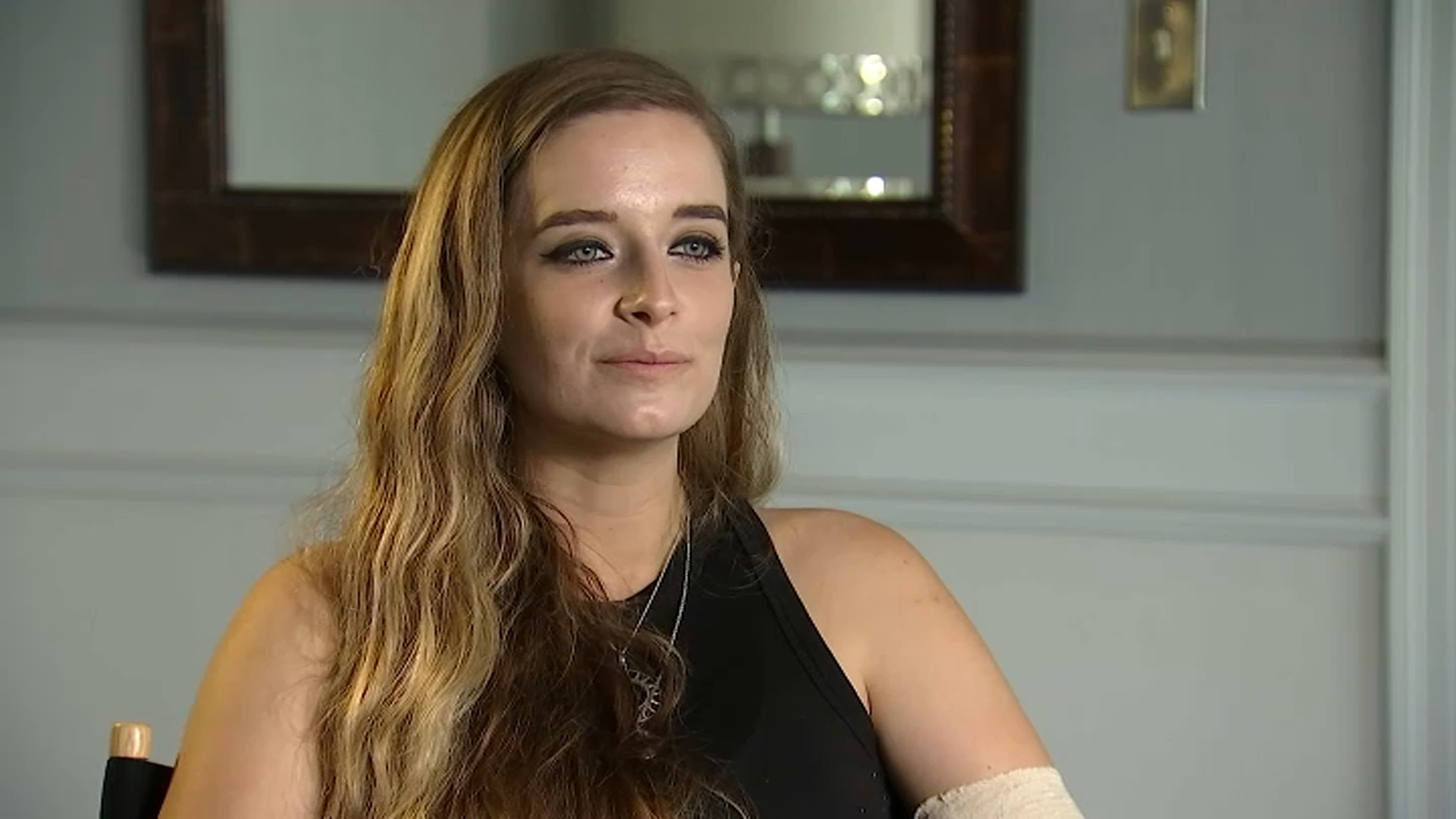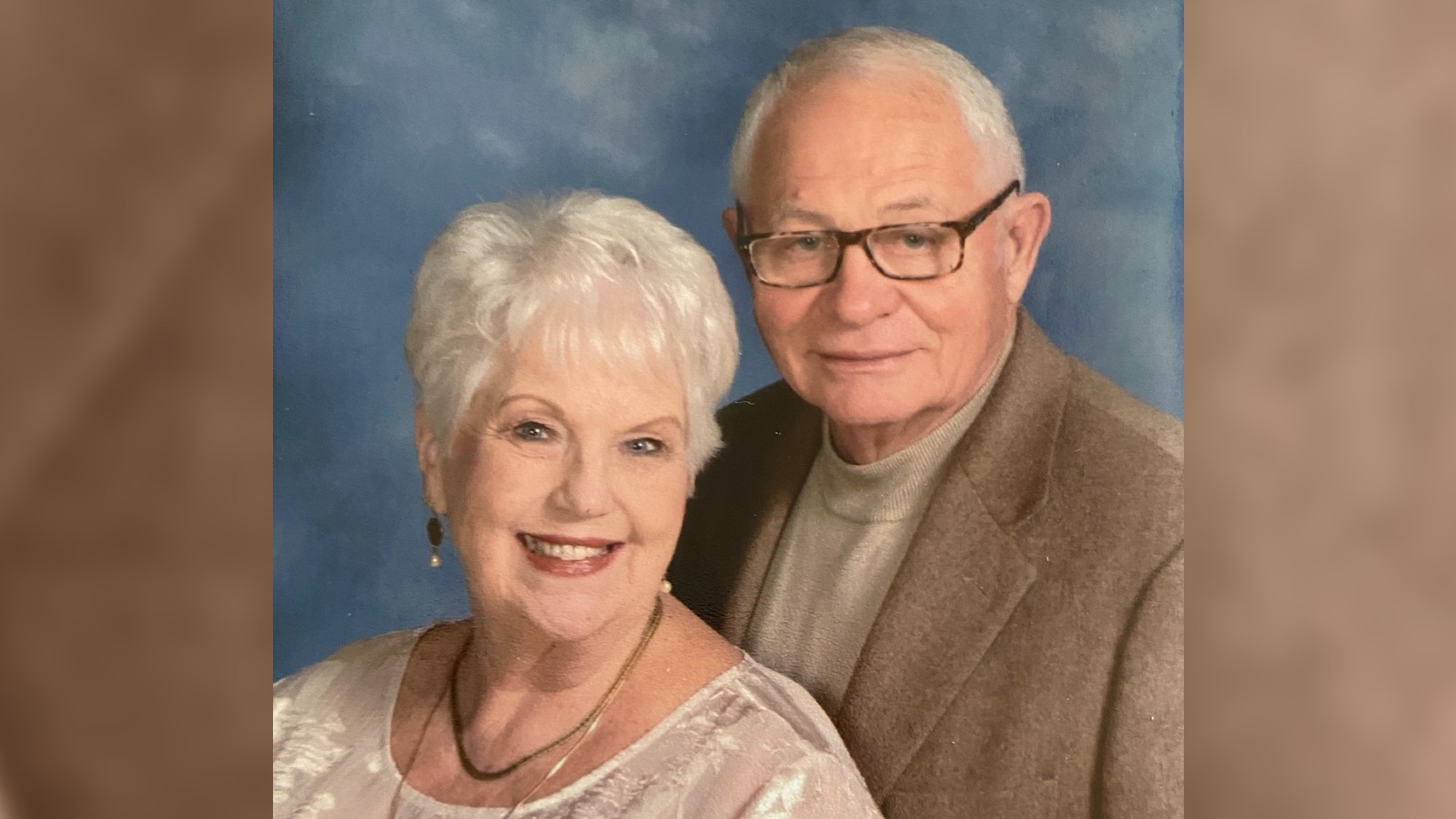The lone survivor of a lightning strike just feet from the White House had an emotional reunion Monday with the Secret Service officers who saved her life.
Through tearful hugs in the Eisenhower Executive Office Building, Amber Escudero-Kontostathis came face to face with Secret Service Officers Nicole Gonzalez, Kevin Drost and Cameron Bunker.
“I’m definitely going to be in connection with these people for the rest of my life,” Escudero-Kontostathis said.
She said her work with the International Rescue Committee led her to Lafayette Park on her 28th birthday, Aug. 4, where she was canvassing and raising money for refugees when the summer storm rolled in and she took cover under a tree.
We're making it easier for you to find stories that matter with our new newsletter — The 4Front. Sign up here and get news that is important for you to your inbox.
Though she doesn't remember much from that day, she has a text from around 5:45 p.m. to her sister-in-law saying thunder is coming. But what she can't forget now is the help she received from good Samaritans.
“I’m out there asking people to help strangers, right? People they’ve never met and make a life-changing impact in their lives. And it’s kind of this crazy full circle that happened because as I was doing that, literally the kindness of strangers saved mine, and I could not be more grateful," she said.
The activist was one of four people critically injured during the lightning strike. Doctors say her heart stopped twice.
James Mueller, 76, and Donna Mueller, 75, tourists to D.C. from Janesville, Wisconsin, later died. So did 29-year-old Brooks Lamberston.
More than 20 Secret Service officers sprang into action after the lightning strike, along with members of the U.S. Park Police, Secret Service Capt. Jean-Philippe Charles previously said.
Gonzalez, Drost and Bunker performed CPR on Escudero-Kontostathis to keep her alive.
“I owe them everything really,” she said, calling her survival "a miracle."
Escudero-Kontostathis has made significant strides in the past few weeks, amid excruciating pain and extensive nerve damage.
She recently started a graduate program in international relations at Johns Hopkins University, and she’s looking forward to getting back to work helping others.
“Obviously my recovery is important, but I feel that the work I'm missing out on doing every day is more important than that, and I have to remind myself that in order to help more and more people, I have to make sure I do my recovery right,” Escudero-Kontostathis said. “I would love to be out there advocating for refugees yesterday.”
Though she still has a long road ahead, doctors have told her that if she stays at this pace, she should be able to handle her normal routine and workload by next semester.



